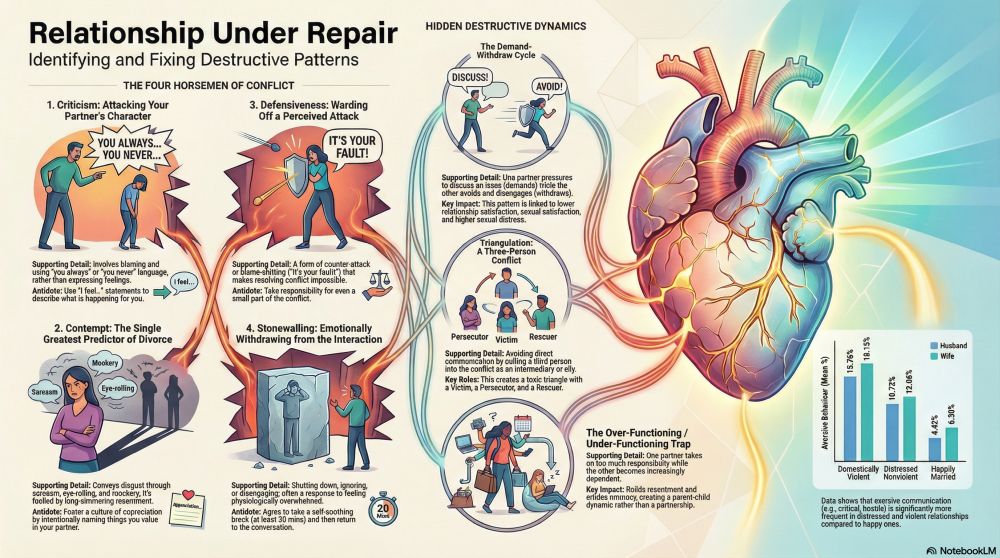Understanding Cultural Differences in Relationships
Cultural differences in relationships can create both enriching diversity and significant challenges. When partners come from different cultural backgrounds, they bring distinct values, communication styles, family traditions, and life perspectives that can either strengthen their bond or create friction if not properly addressed.
Common cultural differences that affect relationships include varying approaches to family involvement, financial management, child-rearing philosophies, religious practices, gender roles, and communication patterns. These differences often become more pronounced during major life transitions such as marriage, having children, or making important family decisions.
How Couples Therapy Addresses Cultural Challenges
Couples therapy provides a structured, neutral environment where partners can explore their cultural differences with professional guidance. A skilled therapist helps couples understand that cultural conflicts often stem from deeply held values rather than personal attacks, making it easier to approach differences with curiosity rather than defensiveness.
Core Therapeutic Strategies
Active listening and empathy: Therapists teach partners to listen without judgment and understand each other’s cultural perspective before responding.
Structured sharing: Each partner explains their cultural values and traditions without interruption, allowing for deep understanding of their background and motivations.
Cultural education: Partners learn about each other’s cultural context, historical background, and how these influences shape current behaviors and expectations.
Therapeutic Techniques for Cultural Integration
Cultural Immersion Narratives
Partners take turns storytelling about their backgrounds, family traditions, and formative cultural experiences. This technique reduces stereotypes and builds genuine appreciation for differences by providing context and personal meaning behind cultural practices.
Values Mapping Exercises
Couples work together to identify shared core values while acknowledging areas where their cultural backgrounds create different priorities. This helps distinguish between fundamental incompatibilities and surface-level differences that can be negotiated.
Conflict Resolution with Cultural Sensitivity
Therapists help couples develop solutions that honor both cultural values instead of forcing one partner to abandon their background. This involves creative problem-solving and finding compromises that respect both perspectives.
Reframing Cultural Differences as Strengths
Effective couples therapy helps partners view cultural diversity as an asset rather than an obstacle. Cultural differences bring broader perspectives, enhanced creative problem-solving abilities, and richer family dynamics that can strengthen the relationship when properly integrated.
Benefits of Cultural Diversity in Relationships
- Expanded worldview: Partners gain exposure to different ways of thinking and approaching life challenges
- Enhanced problem-solving: Multiple cultural perspectives provide more creative solutions to conflicts
- Richer family traditions: Children and extended family benefit from diverse cultural experiences
- Greater resilience: Couples develop stronger communication and negotiation skills
- Personal growth: Individual partners expand their cultural competence and empathy
Building a Unified Cultural Identity
Rather than choosing one culture over another, successful couples create their own unique cultural blend that honors both backgrounds. This process involves intentional decision-making about which traditions to maintain, adapt, or create anew.
Practical Integration Strategies
Holiday and celebration planning: Develop new traditions that incorporate elements from both cultures or alternate between different cultural celebrations.
Parenting approach: Agree on which cultural values and practices to pass on to children, ensuring both backgrounds are represented.
Extended family relationships: Establish boundaries and expectations for involvement from both sides of the family while maintaining respect for cultural norms.
Daily life decisions: Create household rules and routines that reflect both partners’ cultural preferences and practical needs.
When to Seek Professional Help
Couples should consider therapy when cultural differences lead to persistent conflict, when one partner feels their culture is being rejected or minimized, or when extended family pressure creates relationship strain. Early intervention often prevents cultural conflicts from escalating into deeper relationship problems.
Warning signs include: Frequent arguments about cultural practices, feeling pressured to abandon personal traditions, difficulty making decisions about major life events, or ongoing conflict with extended family about cultural choices.
Long-term Success Strategies
Successful cross-cultural relationships require ongoing effort and commitment to understanding. Couples who thrive maintain open communication about cultural issues, continue learning about each other’s backgrounds, and remain flexible as their relationship evolves.
The goal is not to eliminate cultural differences but to create a harmonious partnership where both cultures are valued and integrated in ways that strengthen rather than divide the relationship.


